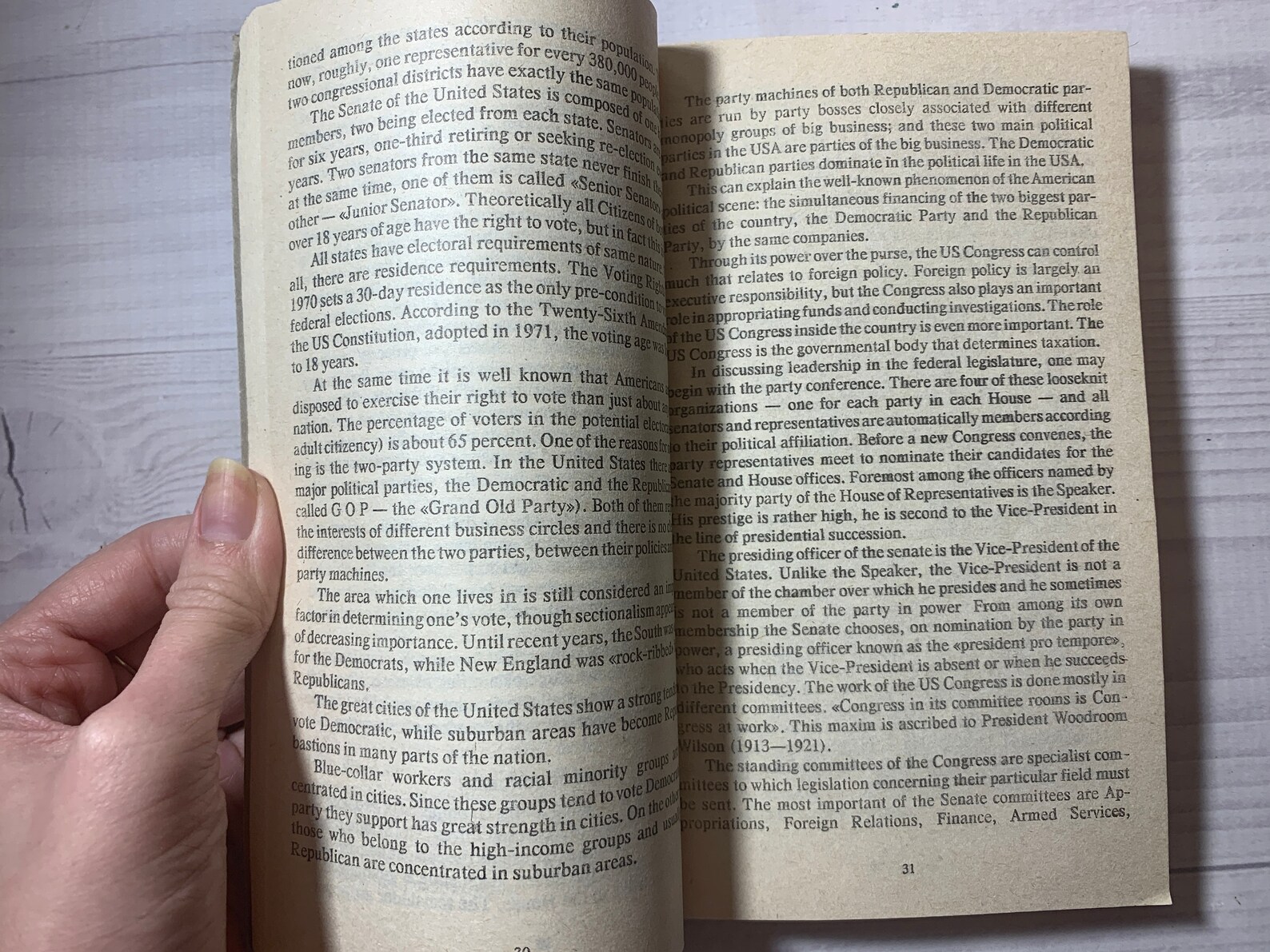


A source of harm or ruin:Retributive justice. To place side by side, especially for comparison or contrast. In the 19th century iconoclast took on the secular sense that it has today, as in “Kant was the great iconoclast” (James Martineau) It is around this time that iconoclast, the descendant of the Greek word, is first recorded in English (1641), with reference to the Byzantine iconoclasts. During the Protestant Reformation images in churches were again felt to be idolatrous and were once more banned and destroyed. In addition to destroying many sculptures and paintings, those opposed to images attempted to have them barred from display and veneration. Eikonoklast s, the ancestor of our word, was first formed in Medieval Greek from the elements eik n, “image, likeness,” and -klast s, “breaker,” from kl n, “to break.” The images referred to by the word are religious images, which were the subject of controversy among Christians of the Byzantine Empire in the 8th and 9th centuries, when iconoclasm was at its height. The original iconoclasts destroyed countless works of art. A dictionary is a listing of lexemes from the lexicon of one or more specific languages, often arranged alphabetically (or by radical and stroke for ideographic languages), which may include information on definitions, usage, etymologies, pronunciations. One who attacks and seeks to overthrow traditional or popular ideas or institutions.Īn iconoclast can be unpleasant company, but at least the modern iconoclast only attacks such things as ideas and institutions. A multi-volume Latin dictionary by Egidio Forcellini. N.A young bird that has recently acquired its flight feathers A young or inexperienced person. N.The quality of being calm and even-tempered composure.Īdj.Admirably suited apt: a felicitous comparison Exhibiting an agreeably appropriate manner or style Marked by happiness or good fortune.Īdv. Native to or confined to a certain region. Prevalent in or peculiar to a particular locality, region, or people Fundamentally distinct or different in kind entirely dissimilar.Īdj. Appealing to the intellect or powers of reasoning convincing: a cogent argument.Īdj. To lighten or lessen (physical or mental troubles) to mitigate, or make easier to be endured as, to alleviate sorrow, pain, care, etc.Īdj.obvious and dull repeated too often overfamiliar through overuseĪdj. To reduce in amount, degree, or intensity lessen.


 0 kommentar(er)
0 kommentar(er)
